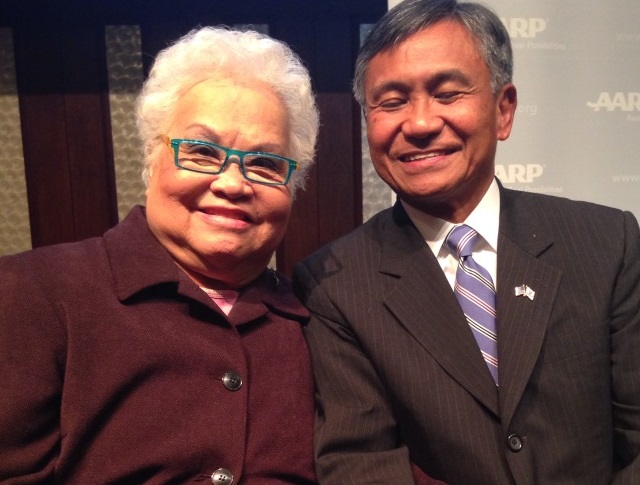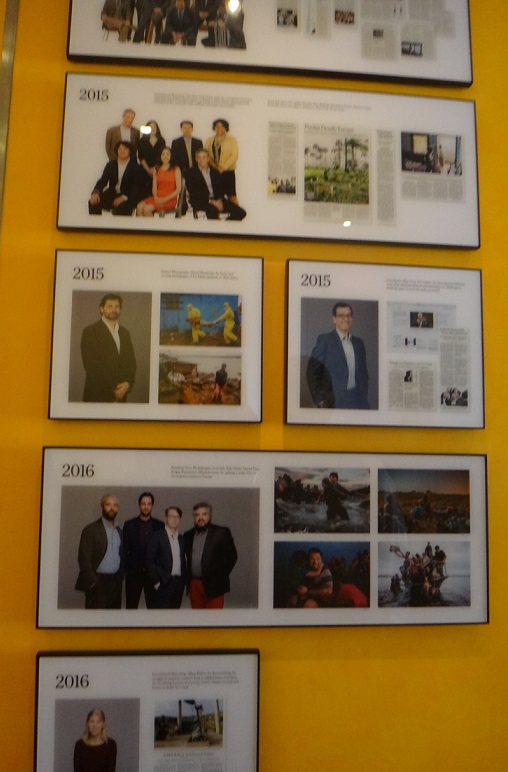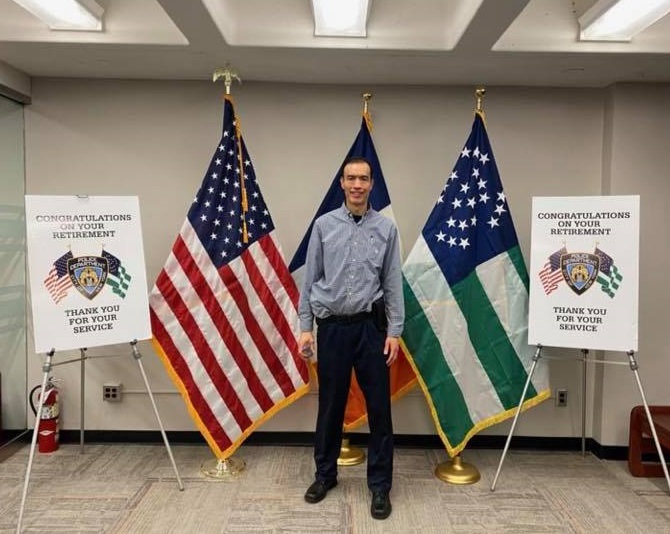Panic, anxiety over pending closure of USCIS office in Manila
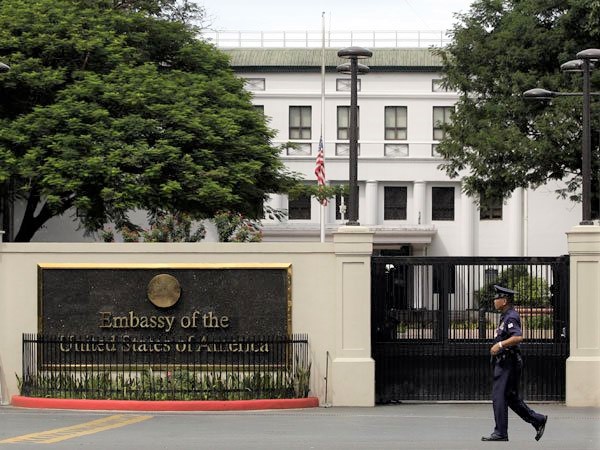
By Cristina DC Pastor
The decision of the U.S. Citizenship and Immigration Services (USCIS) to shutter its office in Manila on July 5 is causing ripples of panic among Filipinos who have pending applications to the U.S.
Many are openly wondering whether their applications will be delayed indefinitely or whether they will need to follow up their papers by long distance.
“What happens to my case? I’m planning to get married in October?” asked a Filipino on Facebook. Another wondered if her sister’s pending petition for their mother would be affected.
Immigration lawyers interviewed by The FilAm predicted delays in pending and future petitions as the immediate effect. They also believe the larger motivation behind the decision to close USCIS field offices in 23 countries, including the Philippines, is the Trump Administration’s attempt to curtail the entry of foreigners to the U.S.
“Whenever any office tasked with handling immigration applications/petitions close, work will have to be displaced elsewhere. In this case applications will now have to be sent to the U.S., possibly increasing waiting times,” said Edward Carrasco, who has a law office on 34th Street near Penn Station. “How much time this will add has yet to be determined.”
Licelle Cobrador of Cobrador & Associates PLLC in Long Island City explained further. “USCIS will be redirecting Form I-130 or the Petition for Alien Relative to the USCIS Lockbox in Chicago,” she said. “Processing times will be longer with the current estimate of 12 to 18 months instead of less.”
The USCIS has 23 field offices around the world employing about 70 personnel, according to its website. It plans to close all field offices – including those in Mexico, China, Germany, South Korea, and Italy — by 2019-20 to reduce the backlog of cases.
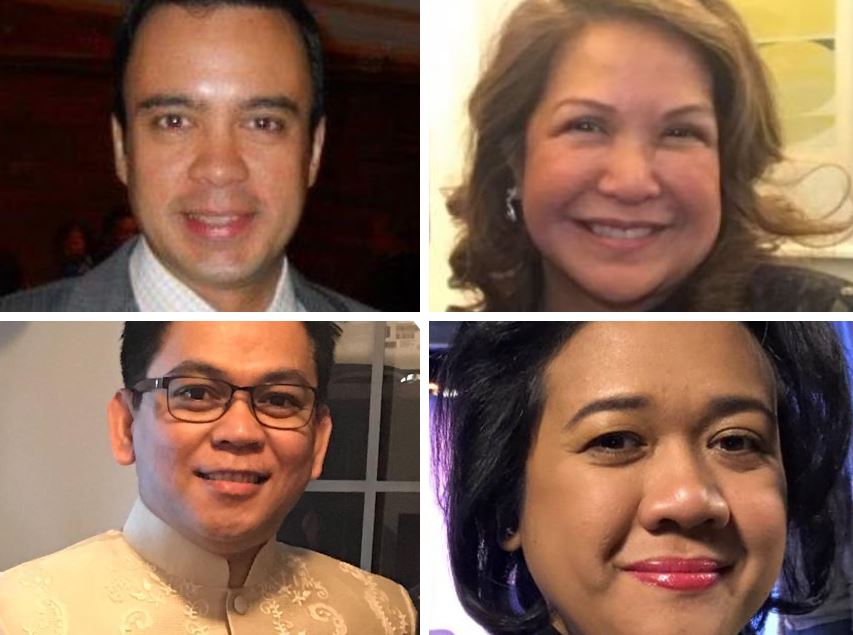
Lawyer Lara Gregory of Gregory Advocates said the impact of the decision will be felt by among others, U.S. citizens petitioning their relatives, permanent residents applying for naturalization, and relatives of World War II veterans applying for parole under the Filipino World War II Veterans Parole Program.
“Perhaps among those significantly affected by the closure are individuals seeking a benefit under the Violence against Women Act as an abused spouse or child or parent,” she said. “These survivors, who usually do not have a lot of resources have no other option but to file the self-petition in the Vermont Service Center in the U.S.”
Nick Caraquel, who has a private practice in Queens, said the closure is creating “confusion and concern.”
“The biggest misconception is that the U.S. Embassy is closing, with people asking, ‘What will happen to my pending petition? Where will I appear for interview?’” He has reiterated on his website that the embassy will remain open and will assume responsibility for certain services currently handled by the USCIS. He cited examples: A widow or widower of a U.S. citizen who files a petition for Amerasian, widow(er) or special immigrant (also known as Form I-360) visa or a permanent resident who has lost his or her green card and/or reentry permit.
“However,” Caraquel continued, “New petitions for alien relative must now be filed by mail with the USCIS Lockbox facility in Chicago. Filipino war veterans also must now file a petition for certain family members with the same facility.”
The lawyers believe the discontinuation of USCIS services in foreign offices may have a deterrent effect and stem the flow of immigrants to the U.S. The Trump Administration has adopted a hardline policy against immigrants, including those who enter the country legally. Donald Trump famously said “our country is full” and there is no more room for immigrants.
“It certainly looks like part of a larger plan to reduce immigration—even legal immigration,” said Carrasco. “You can restrict immigration through legislation or through roadblocks, designed to make the current process more cumbersome. This seems to be the latter.”
Echoed Gregory, “Indeed, the closure is part of the policy of the executive branch of the government to reduce immigration.”
© The FilAm 2019


